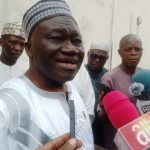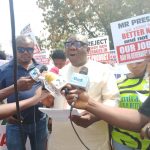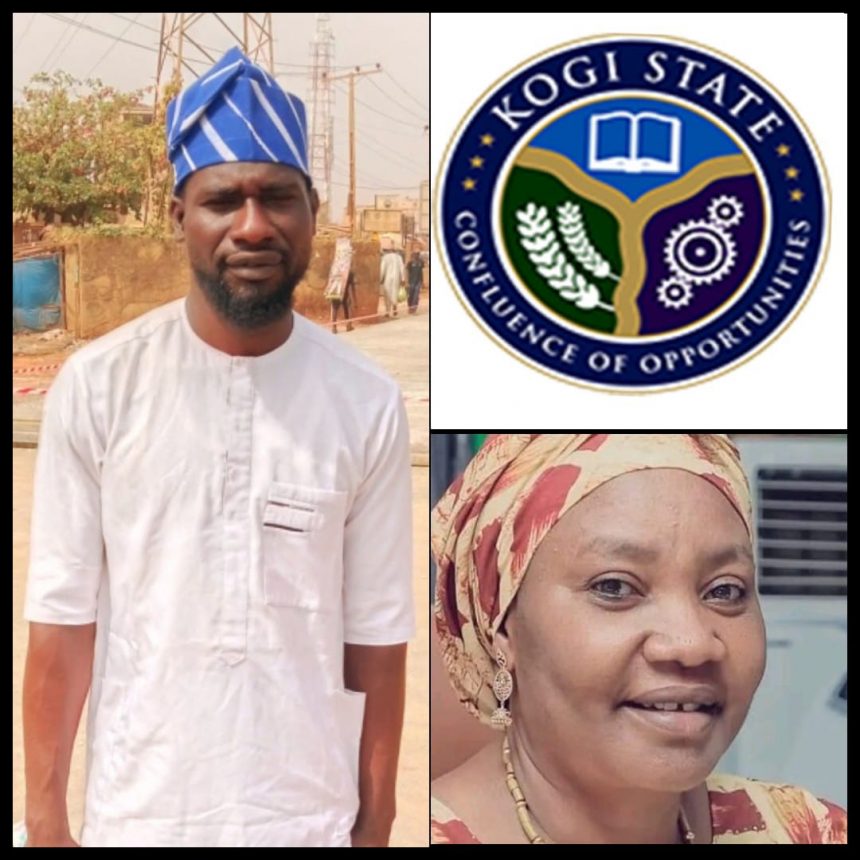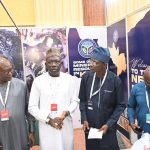Kogi Accountant-General Not Behind Abdulhameed’s Remand — Inside Source
As the continued detention of Abdulhameed, a social media user from Kogi Central, stirs controversy across the state and beyond, authoritative sources within the state government have clarified that the Kogi State Accountant-General, Hajia Habibat Tijjani Aliyu, is not responsible for his prolonged custody.
An insider within the government, who spoke on condition of anonymity due to lack of authorization to speak officially on the matter, told Metro Daily that Abdulhameed’s arrest was legally sanctioned by the state government following a series of unsubstantiated allegations he made online against key government officials.
“At the height of Abdulhameed’s campaign of misinformation and personal attacks on government officials, the Kogi State Government, in accordance with legal provisions, directed law enforcement agencies to investigate his claims,” the source said. “The goal was to determine whether there was credible evidence backing his allegations.”
The source emphasized that Abdulhameed’s case is not without precedent. He drew parallels to a previous case involving Usman Okai, a member of the People’s Democratic Party (PDP), who faced similar legal action after spreading what was later found to be false information about the government’s fiscal policies.
“When Okai circulated misleading statistics and was unable to substantiate his claims, he was remanded at the Kabba Correctional Centre,” the insider recalled. “It took the intervention of political leaders from Kogi East, including former governors Idris Wada and Ibrahim Idris, and PDP chieftain Engr. Musa Wada, to secure his release. They issued a formal undertaking assuring that Okai would henceforth engage in constructive and fact-based criticism.”
He added that Governor Ahmed Usman Ododo maintains a non-discriminatory leadership style, insisting on equal treatment regardless of political or regional affiliation.
“Governor Ododo is not a sectional leader,” the source emphasized. “The same approach used by Kogi East leaders to resolve Okai’s issue should be considered in Abdulhameed’s case, as both individuals are accused of making baseless allegations against the government.”
The source also criticized what he described as unproductive social media agitation, urging concerned stakeholders including Abdulhameed’s family members, local government leaders, and representatives from his senatorial district to explore legal avenues such as plea bargaining to resolve the matter.
“Courtrooms are guided by evidence and legal processes, not social media noise,” he stated. “Relevant stakeholders should engage the appropriate channels to bring the matter to a dignified and lawful close.”
Meanwhile, Metro Daily has gathered that within some government circles, recent public comments by Dr. Abdullahi Sanni Ozomata on the matter have been viewed as politically motivated and self-serving.
According to a senior official who preferred not to be named, “Rather than offering solutions or engaging legal channels to assist Abdulhameed, Dr. Ozomata appears more interested in scoring political points and settling personal scores within the same government he belongs to.”
“Has Dr Ozomata exhausted all necessary avenue to resolve the issue within the government circle before going for public shows? Why can’t he advise the family or acquaintance of the boy to tow the line of plea bargain instead of making obvious attempts to score cheap political points”, he asked.
As Abdulhameed remains in custody, the controversy continues to attract attention, raising broader questions about the boundaries of free expression, the rule of law, and the ethics of digital activism in a politically charged environment.












